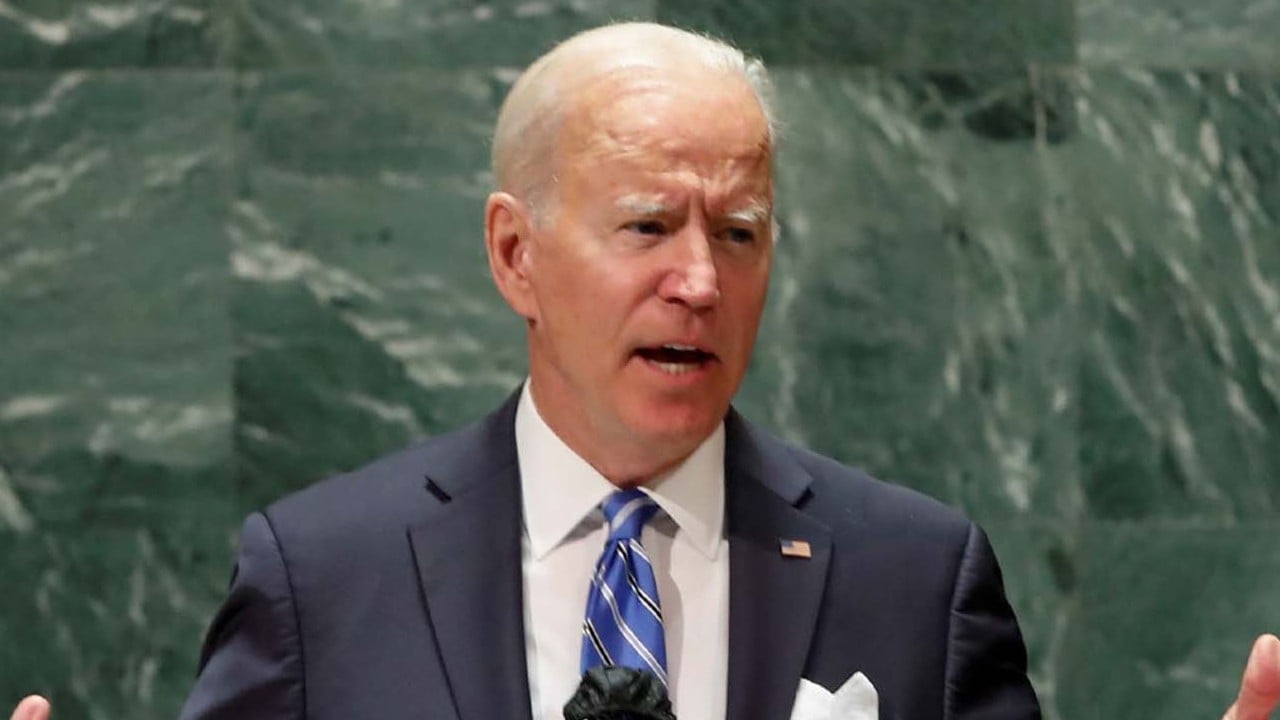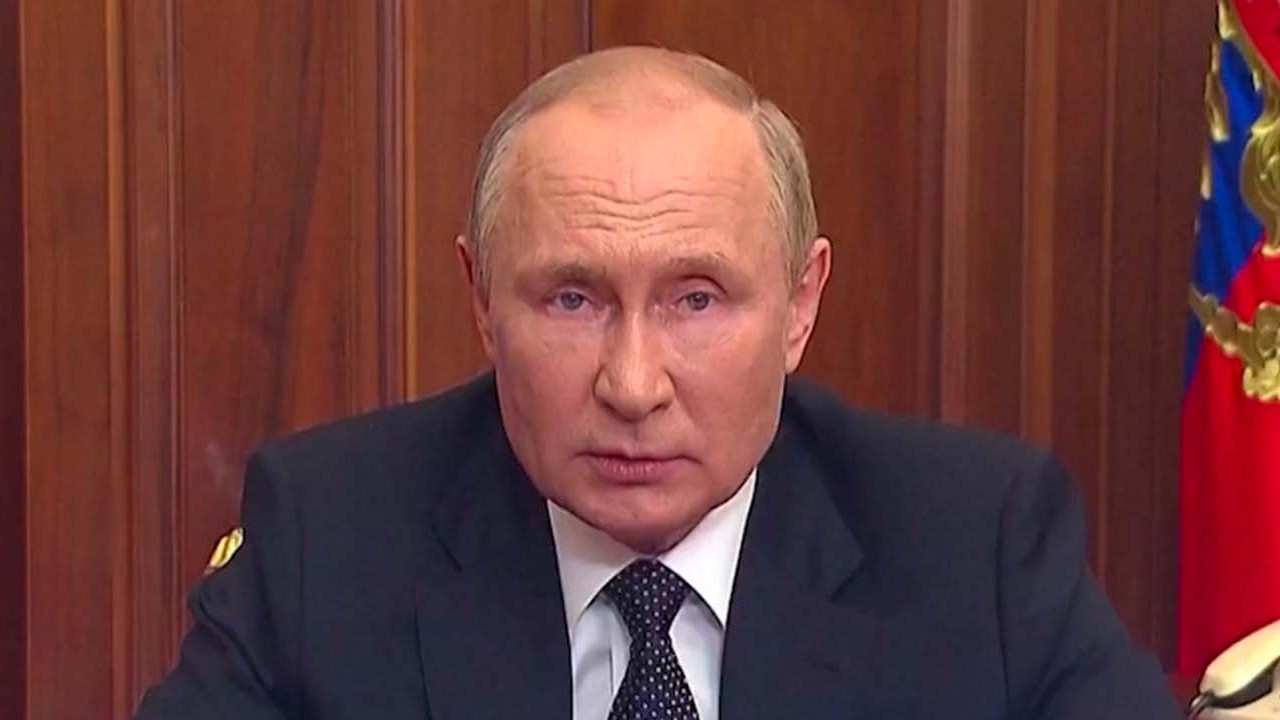
Exclusive | China nominates new EU envoy, moving to fill 10-month vacancy
- Veteran Chinese official Fu Cong has been nominated as ambassador to the European Union
- Amid strained ties between Russia and the West, China prepares for high-level European meetings
China has nominated a new ambassador to the European Union, moving to fill a role that has lain vacant since last December, according to sources familiar with the situation.
Fu has served most of his overseas duties in Europe, including two terms at China’s Permanent Mission to the United Nations, and as a special assistant to former World Health Organization (WHO) chief Margaret Chan.
Fu, who is 57, will fill the vacancy left by Zhang Ming, who left Brussels in December 2021 to take up the top position at the Shanghai Cooperation Organisation.
How US and European recession risks could play out for China
Added to this, the sides are frequently at loggerheads over issues including China’s alleged human rights abuses in Xinjiang, its economic model, and an unofficial Chinese boycott of Lithuanian goods after a row over Taiwan.
In recent weeks, however, diplomatic channels have been busy. Wu Hongbo, Beijing’s envoy for European affairs, has been touring western Europe while its new ambassador to Central and Eastern Europe, Yu Jiang, has embarked on a tour of that region too.
At the General Assembly of the United Nations in New York this week, Chinese Foreign Minister Wang Yi met a string of senior European diplomats, including French Foreign Minister Catherine Colonna, and Josep Borrell, the EU’s High Representative for Foreign Affairs and Security Policy.
China is set to feature on the agenda for a European Council meeting in October, attended by the elected leaders of the EU’s 27 member states.
European investment in China holds strong despite flaring tensions
Grzegorz Stec, an analyst of EU-China relations at the Mercator Institute for China Studies, said the choice of Fu as envoy was likely linked to the Russian invasion of Ukraine.
“Fu has worked with US, Russia, France, UK on non-proliferation and nuclear war prevention in the past. Beijing may want to leverage that experience should the tensions in Europe escalate,” he said, pointing to Fu’s many years of experience working in Geneva and Vienna.
Nonetheless, Stec said Fu need not be painted as a dove, given that he played “a role in spreading ‘Fort Detrick’ theories”, referring to a disinformation campaign linking the origins of the Covid-19 pandemic to an obscure military facility in Maryland in the United States.
At a media briefing last year, Fu said “a respiratory disease similar to the new coronavirus broke out near Fort Detrick. The real cause and specific cases have not been announced”, according to remarks published on the foreign ministry’s website.
Stec said that while not an obvious negative signal for EU-China relations, “it does not necessarily have to be a positive one at this stage”.
Fu joined China’s foreign ministry in 1987, and first joined the Arms Control Department in 1997. After serving in the UN roles in 2018, Fu returned to Beijing to head the Department of Arms Control.
Additional reporting by Liu Zhen



